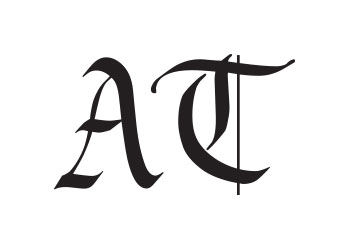June 15, 2023
Thank you, Madame Vice President, for convening this important discussion on equal access to justice. We align ourselves with the Justice Action Coalition statement delivered by the Permanent Representative of the Kingdom of the Netherlands and offer these additional comments. The United States is fully committed to implementing evidence-based, national-level reform strategies and removing barriers to justice.
A critical first step is ensuring that the people administering justice reflect the broad diversity of our country. The federal judges nominated during the Biden Administration are the most diverse in U.S. history, including a record number of judges who previously worked as public defenders.
In 2021 U.S. Attorney General Merrick Garland reestablished the Office for Access to Justice, which has the mission to “help the justice system efficiently deliver outcomes that are fair and accessible to all, irrespective of wealth and status.” This office dismantles barriers and transforms legal systems to ensure equity, dignity, and human rights for all—especially historically marginalized communities.
To advance this mission, the Department of Justice (DOJ) launched a nationwide listening tour to hear from public defense professionals and announced a comprehensive review of access to legal counsel in federal prison facilities, including a plan to expand public defense funding.
As part of a commitment to combat the criminalization of poverty, the Department of Justice issued a letter to state and local courts cautioning against the assessment of legal system fines and fees that may be unlawful, racially discriminatory, or unfairly penalize individuals unable to pay.
Globally our foreign assistance programs seek to reduce discrimination in criminal and civil justice systems to ensure that individuals experiencing social and economic vulnerabilities and language differences can access justice and protection mechanisms. To this end, USAID launched its first ever Rule of Law Policy, which re-elevates security, human rights, and justice in our development aid programming in line with SDG 16.
To support access to justice at the United Nations, the United States proudly co-sponsored the first consensus resolution on this issue adopted at the UN Crime Commission. And we advocate for the UN Principles and Guidelines on Access to Legal Aid in Criminal Justice Systems, which assist member states in promoting access to legal aid.
The United States strongly supports the efforts of the UN to advance equal access to justice for all in line with the 2030 Agenda commitment to leave no one behind. We look forward to additional opportunities to collaborate on this priority.
Thank you.


